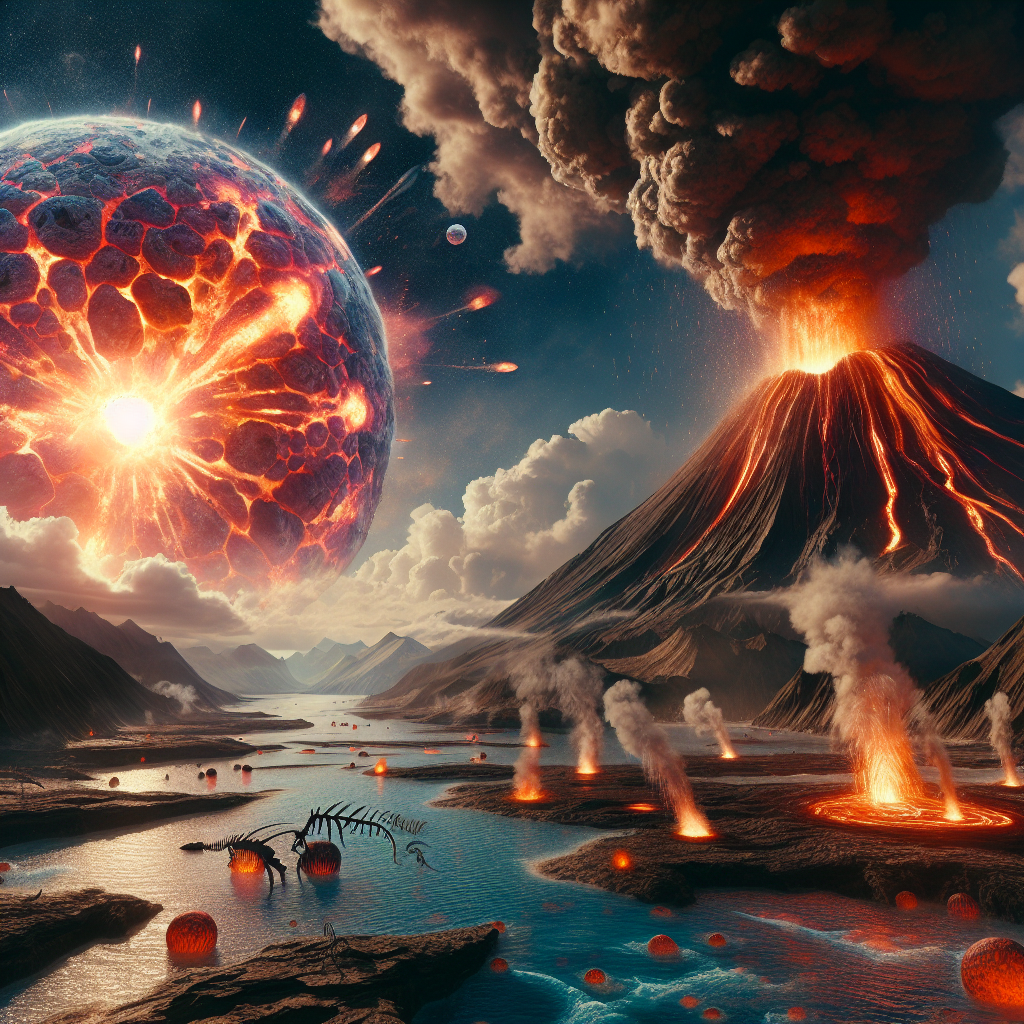Did Ancient Volcanoes Contribute to Earth’s Ideal Conditions for Life?
Did Ancient Volcanoes Contribute to Earth’s Ideal Conditions for Life?
Introduction
Recent scientific research suggests that ancient volcanic activity may have played a crucial role in shaping Earth’s environment, making it conducive to life. This intriguing hypothesis explores how volcanic eruptions could have influenced atmospheric conditions and the planet’s overall habitability.
The Role of Ancient Volcanoes
Volcanoes have been a significant geological force throughout Earth’s history. Their impact on the planet’s environment includes:
- Atmospheric Alteration: Volcanic eruptions release gases such as carbon dioxide and sulfur dioxide, which can influence climate and atmospheric composition.
- Temperature Regulation: The release of greenhouse gases from volcanoes may have helped maintain warmer global temperatures, preventing Earth from freezing over.
- Nutrient Distribution: Volcanic ash and lava flows contribute essential nutrients to the soil, promoting plant growth and supporting diverse ecosystems.
Scientific Insights
Researchers have utilized various methods to study the impact of ancient volcanoes, including:
- Geological Evidence: Analyzing rock formations and volcanic deposits to understand past volcanic activity.
- Climate Models: Simulating ancient climate conditions to assess the potential effects of volcanic gases on global temperatures.
- Comparative Studies: Examining other planets and moons with volcanic activity to draw parallels with Earth’s history.
Implications for Earth’s Habitability
The findings from these studies suggest that volcanic activity may have been a key factor in creating and maintaining conditions suitable for life on Earth. This includes:
- Stabilizing Climate: Volcanic emissions could have helped stabilize Earth’s climate over geological timescales.
- Supporting Biodiversity: The nutrients provided by volcanic activity may have been essential for the development of diverse life forms.
Conclusion
In summary, ancient volcanoes may have significantly contributed to Earth’s habitability by altering the atmosphere, regulating temperatures, and providing essential nutrients. These insights highlight the complex interplay between geological processes and the development of life, offering a deeper understanding of how our planet became a cradle for life.






































